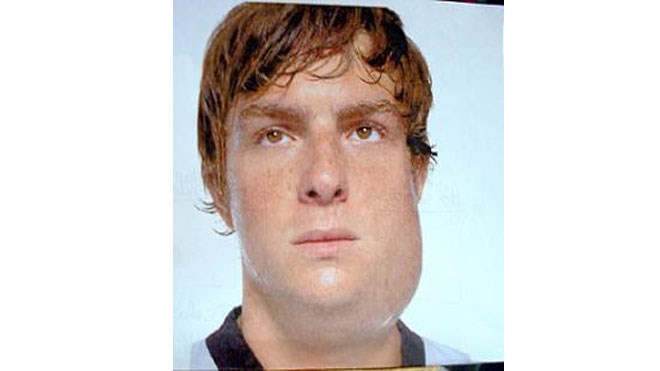There are now five cases of mumps in Collingwood, all in children under 10 years old who have not been immunized.
Four cases have been confirmed through testing and another case has been diagnosed based on symptoms presented. This is now the third highest rate of mumps infections in the Simcoe Muskoka region in the last 19 years.
Once someone has been diagnosed with the mumps, the Simcoe Muskoka Health Unit’s infectious disease program will determine the points of contact of the infected individuals while they are most contagious and will follow-up with those who might have come in contact with the virus.
In this case, the health unit sent letters to both a public and Catholic school in Collingwood warning parents and teachers that they had potentially been exposed to the mumps virus.
Jillian Fenik, manager of the health unit’s infectious disease program, is encouraging people to make sure their immunizations are up to date.
“We’re reinforcing that immunization is the best protection against mumps,” said Fenik.
The mumps vaccine is combined with an immunization for measles and rubella as well. It’s recommended for children at one-year-old and a booster for children between four and six years old.
According to Fenik, the first vaccine offers some coverage (about 75 per cent) for mumps, and getting the booster a few years later offers 90 per cent protection against the mumps virus.
Mumps is a viral infection primarily affecting saliva glands located near your ears, which can cause the characteristic swollen cheeks commonly associated with mumps. Those with mumps are contagious both before and after symptoms arise.
The virus is transmitted via infected saliva, so it can be spread through sneezing, coughing, or sharing utensils or drinking glasses.
Now that there are five cases of mumps in Collingwood, that represents one of the highest number of cases in a year since 2000. In 2013 and 2009, there were seven cases each year reported by the Simcoe Muskoka Health Unit. Typically, the number of cases ranges from one to two for a year, according to health unit stats online.
Ways around the law
There is a law in Ontario stating students can be suspended for not having immunizations against nine diseases, but there are still unvaccinated students attending local schools.
There are two ways under the Immunization of School Pupils Act for a child to attend school without some or all of the standard vaccinations.
Pauline Stevenson, communications manager for the Simcoe Muskoka Catholic District School Board (one of the affected schools was a Catholic school), said while students are required to be vaccinated to attend school, the school board takes its orders from the health unit.
“We are helping to facilitate … but we take our lead from the health unit on this,” said Stevenson.
When a parent or guardian enrolls a student in a school, they are required to include an immunization record with the application. That information is sent to the health unit.
Sarah Kekewich, manager of communications for the Simcoe County District School Board, confirmed it’s the Health Unit that collects and maintains up-to-date immunization records for every student in the public school board as well, as stated in the Immunization of School Pupils Act (ISPA) of Ontario.
According to the SMDHU website, the health unit will send home immunization notice letters to parents when there is missing immunization information for their child. If the health unit doesn’t get a response, it will inform the school of the need for a suspension.
According to Stevenson, local schools do issue suspensions for health unit orders.
The ISPA states a student can be suspended from school until their immunization record is up to date.
The law requires immunizations against nine diseases including diptheria, tetanus, polio, pertussis, measles, mumps, rubella, meningitis, and varicella (Chicken Pox). The Chicken Pox vaccine is only required for children born in or after 2010.
There are situations where a child is given a medical exemption from a or all vaccines.
In this case, the child has a condition that prevents them from receiving the vaccine, or there is evidence of a child’s immunity to the disease via a blood test. A statement of medical exemption form is required, and that must be completed by a nurse practitioner or physician.
In the case where a parent or guardian refuses to immunize a child, the ISPA requires that guardian to complete a 30-minute education session at their local health unit that covers basic information about immunization, vaccine safety, community health, and immunization law in Ontario.
The parent or guardian must then submit the vaccine education certificate they receive in that session as well as a notarized statement of conscious or religious beliefs (an affidavit) to the health unit.
Under the medical exemption, or the signed affidavit option, a student can attend a public or Catholic school without vaccinations.
